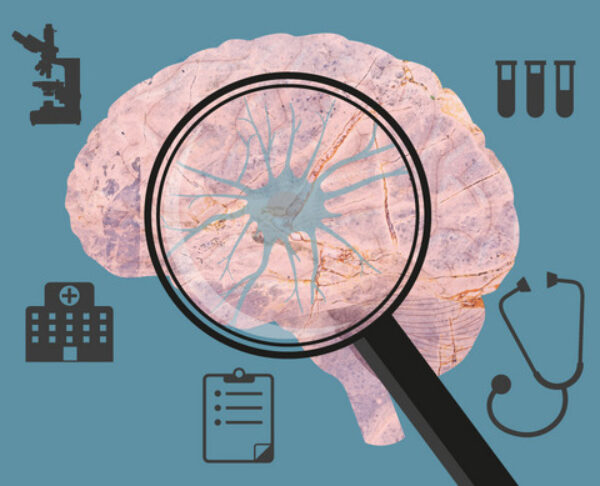عنوان سخنرانی: كنترلپذيری مغز؛ سراب یا واقعیت؟
هدف اصلی علوم اعصاب کاربردی درک چگونگی دستیابی به اختلالات کنترلشده در فعالیت مغز از طریق تحریک یا رابطهای مغز و کامپیوتر است. چندین نویسنده پیشنهاد کردهاند که این مشکل را در تئوری کنترل -که با کنترل سیستمهای دینامیکی سروکار دارد- چارچوببندی کنند. در این چارچوب، مدلی از دینامیک خودمختار (کنترلنشده) سیستم برای طراحی دقیق مداخلههای خارجی استفاده میشود که در ترکیب با دینامیک خودمختار، سیستم را به سمت اهداف مورد نظر هدایت میکند. در این سمینار با این رویکرد به کنترلپذیری مغز استدلال کرده ایم که کنترل فعالیت کل مغز با ایجاد اختلال محلی در یک یا حتی چند منطقه، برای همهٔ اهداف عملی، بعید است و در نهایت، در مورد چارچوبهای جایگزین ممکن برای دستیابی به دستکاریهای کنترلشده فعالیت کلی مغز بحث کرده ایم.
دکتر Michele Allegra از گروه فیزیک دانشگاه پادووا در این زمینه در وبینار علومشناختی سخنرانی کرده است.

ویدیوی این سخنرانی در زیر در دسترس است.
IPM Webinar – Computational Neuroscience
Title: Brain controllability; mirage or reality
Speaker: Dr. Michele Allegra
Affiliation: Departiment of Physics and Astronomy “Galileo Galilei” and Padova Neuroscience Center, University of Padova, Italy
Abstract:
A major goal of applied neuroscience is to understand how to achieve controlled perturbations of brain activity through stimulation or brain-computer interfaces. This aim is particularly appealing for medical applications, where one wishes to restore normal activity patterns in subjects affected by neurological or psychiatric disorders. In recent years, several authors have proposed to frame this problem within control theory, a well established engineering paradigm dealing with the control of dynamical systems. In this framework, a model of the autonomous (uncontrolled) dynamics of the system is used to precisely devise external intervations that, in combiation with the autonomous dynamics, will steer the system towards desired targets. In a seminal work, Gu et al. (Nature communications 6.1 (2015)) proposed to use a linear model of macroscopic brain dynamics and apply the simple theory of linear controllability, arguing that external modulation of a single brain region might be sufficient to to steer the brain towards an arbitrarily chosen activity state – a finding that raised a large interest in this research topic. Several subsequent works, however, highlighted significant theoretical and practical limitations of this approach, suggesting that initial enthusiasm may have been overly optimistic. In this seminar, we build on previous criticism and our recent investigations to further clarify the main problems with the current approach to brain controllability. We will argue that, contrary to several statements in the literature, controlling whole-brain activity by locally perturbing one or even a few regions is, for all practical purposes, unfeasible. Finally, we shall briefly discuss possible alternative frameworks to achieve controlled manipulations of global brain activity.
Date: Wednesday , February 2, 2022
15:30 – 17:00 (Tehran)
Bahman 13, 1400




